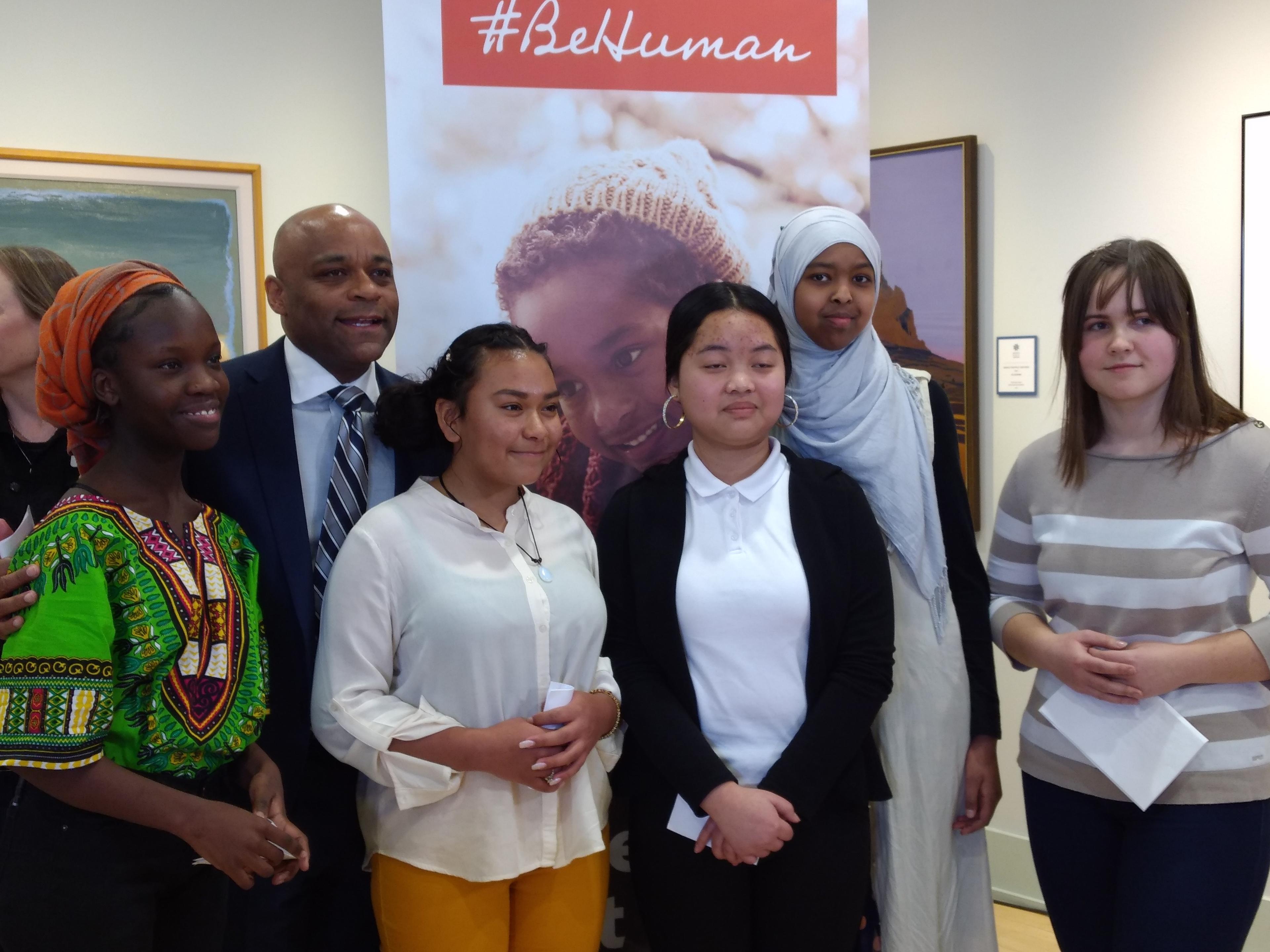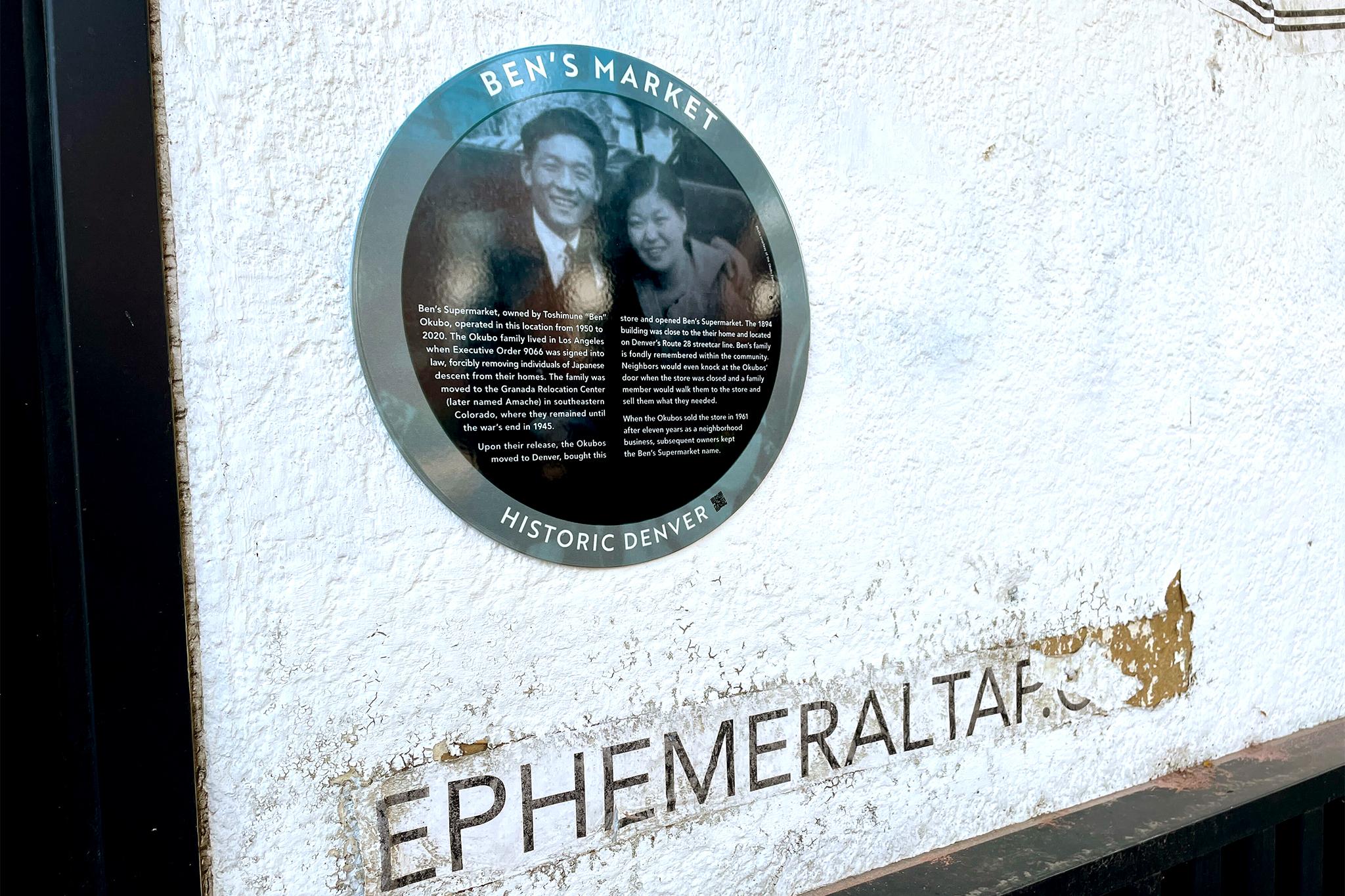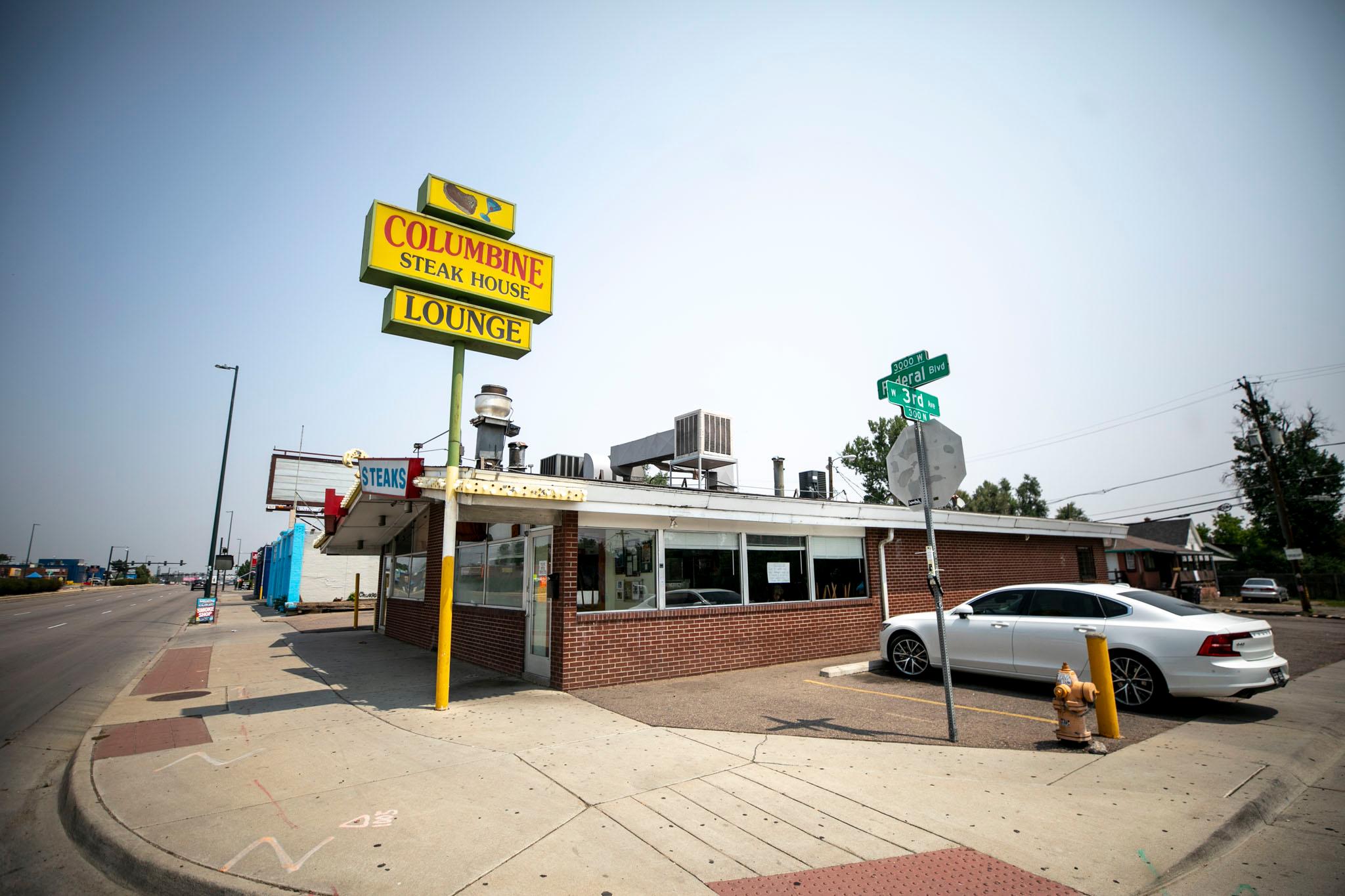Denver Human Services is bringing a library program that offers English and citizenship classes and other support for immigrants and refugees to the Richard T. Castro Human Services Center.
The initiative is part of a broader Denver Human Services vision for working the department out of a job, its executive director, Don Mares, said Thursday. He was joined at a news conference at the library by several member of his staff, the mayor and other city leaders.
The Denver Public Library offers what it calls Plaza programming at a dozen branches where people from all over the world can get guidance and resources. Now a Plaza will be located at DHS headquarters in Sun Valley. In addition, community discussions will be held on housing equity and accessibility for immigrants. Mares said the support for immigrants and refugees could keep them from later needing the food, family and medical assistance DHS typically provides or facilitates.
"If they get on services ... it can be a negative down the road," Mares said of immigrants.
President Donald Trump's administration has proposed expanding the federal government's ability to deny immigrants residency or visas if they or family members benefit from the federal Supplemental Nutrition Assistance Program -- which is administered by DHS in Denver and often called food stamps; housing vouchers; and other aid programs. Receiving such help, some argue, is an indication an immigrant is likely to become a "public charge," or burden on taxpayers, if allowed to stay in the United States.
Beyond immigrants, DHA hopes to be more "proactive" so that city residents might not "need to come into our department," Mares said.
The effort includes steps DHS has already taken, such as placing social workers in three Denver public schools where they can identify vulnerable families and offer help before problems become crises.
Mares said more projects will be announced later.
Today, one in three Denver residents -- a quarter of a million people -- receive DHS services, Mares said.













